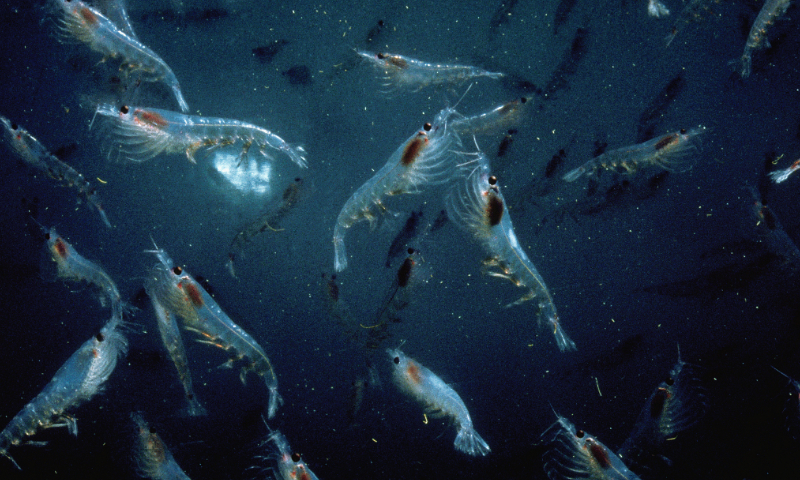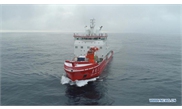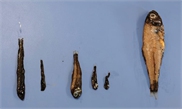‘Marine granary’ in the Antarctic contains 1 billion tons of krill, sufficient to feed 1.4 billion people

Photo: VCG
Chinese scientists have recently discovered a "marine granary," an oceanic area in the Antarctic that harbors rich marine life resources, among which are vast quantities of krill, totaling as much as 1 billion tons.
The oceanic area discovered by the Chinese Antarctic scientific exploration research team have a rich species diversity ranging from various species of fishes, birds, seals and whales. The Antarctic krill reserves are estimated to be as high as 1 billion tons, sufficient enough to feed 1.4 billion people, according to China Food Semimonthly Magazine.
Every year, humans and other marine creatures consume hundreds of millions of tons of krill. However, the global krill population has remained stable at around 30 billion tons. Scientists have discovered that up to 30,000 krill can be found in every cubic meter of seawater, Yancheng Evening News reported.
Despite that marine creatures on the globe are facing threats from human activities such as the recent dump of Japan's Fukushima nuclear-contaminated wastewater, Antarctic krill has been surviving and its population remained stable thanks to the natural barrier of thick ice and snow that covers the Antarctica.
Antarctic krill is an advanced marine crustacean known for its small size, with a maximum length of only 5 centimeters. With its soft, easily digestible meat, Antarctic krill holds significant nutritional value, making it an excellent food choice for those with weak physical constitutions.
The abundant magnesium found in krill plays a vital role in regulating heart activity and protecting the cardiovascular system. Additionally, the calcium and phosphorus present in Antarctic krill are particularly beneficial for children and pregnant women.
Scientists are advocating for the sustainable management and protection of this valuable marine resource, emphasizing the need to ensure its long-term viability for the benefit of future generations.
Global Times


